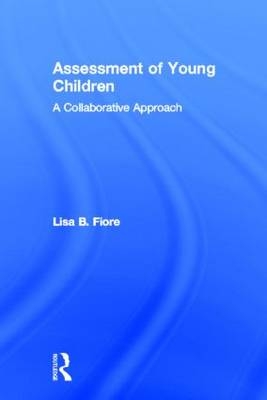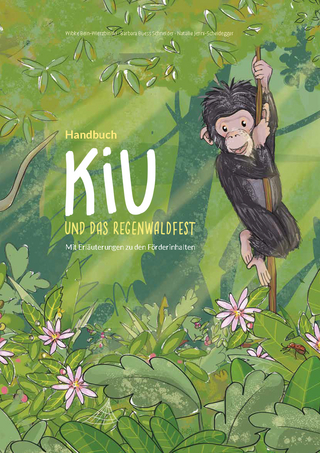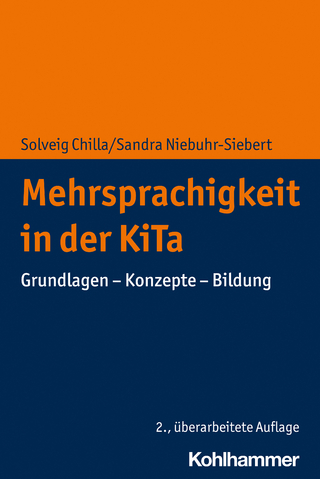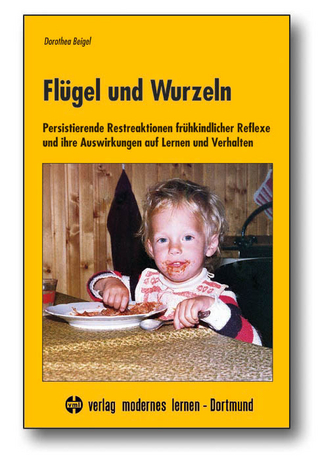
Assessment of Young Children
Routledge (Verlag)
978-0-415-88811-0 (ISBN)
- Titel ist leider vergriffen;
keine Neuauflage - Artikel merken
Assessment of Young Children explores both standardized and authentic assessment, work sampling systems, and observation skills. Readers will walk away with strategies for communicating information about children and portfolio assessment, and how the use of formal and informal methods of observation, documentation, and assessment are connected to teacher and student inquiry. Assessment of Young Children encourages an assessment strategy where the child remains the focus and explores how collaboration with children, families, and colleagues creates an image—not a diagnosis—of the child that is empowering rather than constraining.
Special Features Include:
Case Study examples that anchor the concepts presented in the chapters and engage readers more deeply in the content.
"Now what?" and "Avenues for Inquiry" throughout the book present students with concrete extensions of the material that they may pursue for further investigation
Lisa B. Fiore is an Associate Professor and Director of Early Childhood Education Program at Lesley University.
1. What do you notice?
Why? – Seeds of Inquiry
Who? – Examining the learning group – individual and group learners
When? – Developmentally appropriate practice
How? – Considering Assessment Methods and Tools
Where? – Location, Location, Location
2. Role of the Environment
Context: Classroom, School, Community
Cultural Issues
Case Study – Family interview
Climate: Guidelines and Standards
Case Study – Reggio Emilia, Chicago Common
3. Observation
Looking AND Listening
Case Study – The Pedagogy of Listening (Carlina Rinaldi)
Documentation as Noun (Product) and Verb (Process)
Turning observation into advocacy
Case Study – Videatives.com
4. Standardized Assessment
Traditional Assessment
Objectivity vs. Subjectivity
Paradigm Shifts and Cultural Shifts
Case Study – Draw –a-Person Test
5. Authentic Assessment
Balancing idealism and reality
Collaboration
Response to Intervention
Case Study – Looking at Student Work (LASW) protocol
6. The Play’s the Thing
Historical Views
Recognizing significance in ordinary moments
Case Study – Vivian Paley excerpt
Social and Emotional Competence
The Play Imperative
Case Study – Alliance for Childhood statement
7. Viva le difference
Facets of Diversity
Culturally Sensitive Practice
Universal Design
Case Study --
8. Now what?
Evaluating data
Writing reports and IEPs
Communicating with families, administrators, and legislators
Utilizing Technology
Case Study --
9. Teacher as Researcher
Inquiry
Ethics
Case Study – Eleanor Duckworth or Hawkins Institute
| Erscheint lt. Verlag | 7.6.2012 |
|---|---|
| Zusatzinfo | Following Biosocial Criminology; 30 Line drawings, black and white; 20 Tables, black and white |
| Verlagsort | London |
| Sprache | englisch |
| Maße | 152 x 229 mm |
| Gewicht | 431 g |
| Themenwelt | Sozialwissenschaften ► Pädagogik ► Vorschulpädagogik |
| ISBN-10 | 0-415-88811-5 / 0415888115 |
| ISBN-13 | 978-0-415-88811-0 / 9780415888110 |
| Zustand | Neuware |
| Informationen gemäß Produktsicherheitsverordnung (GPSR) | |
| Haben Sie eine Frage zum Produkt? |
aus dem Bereich


